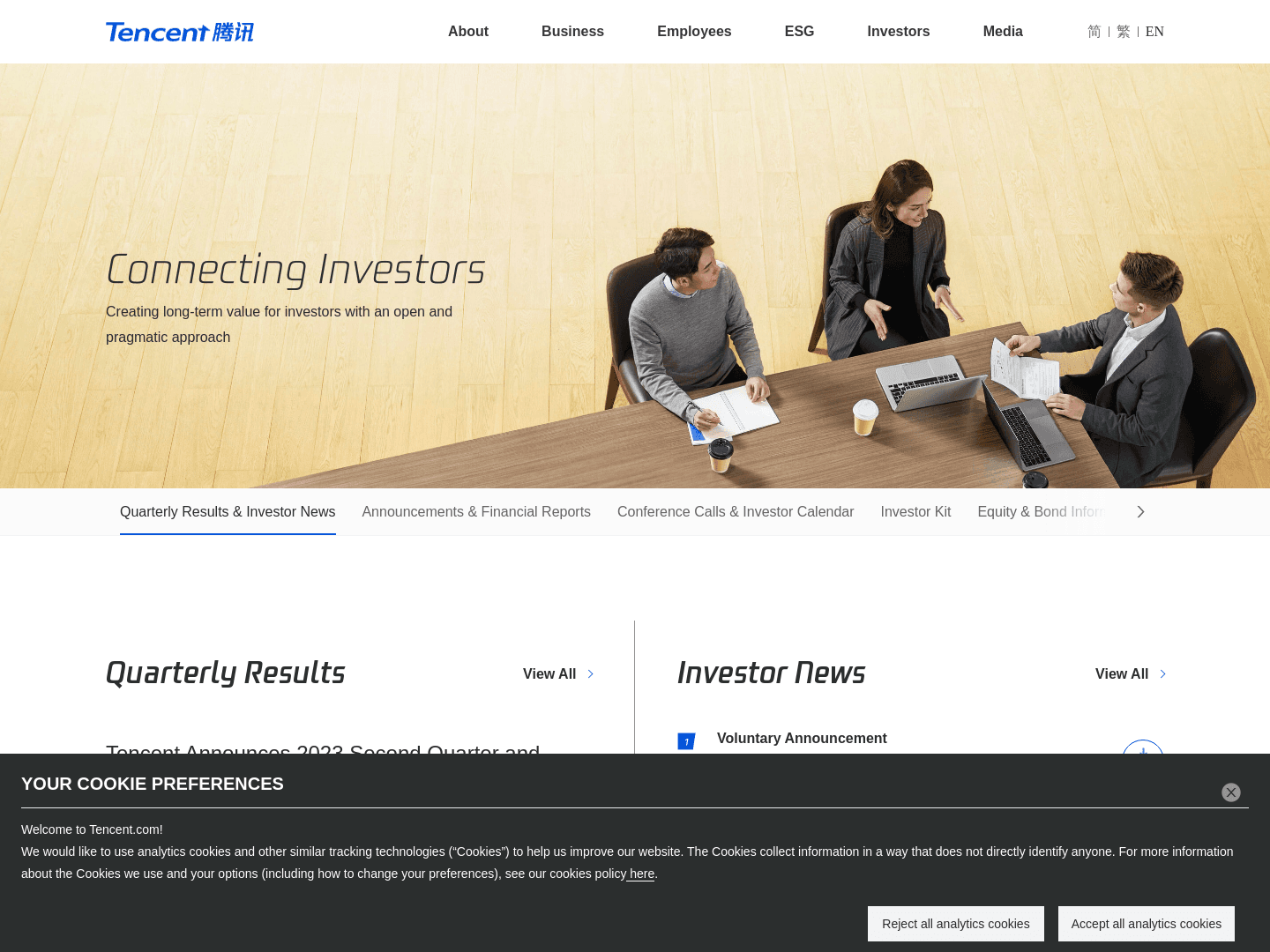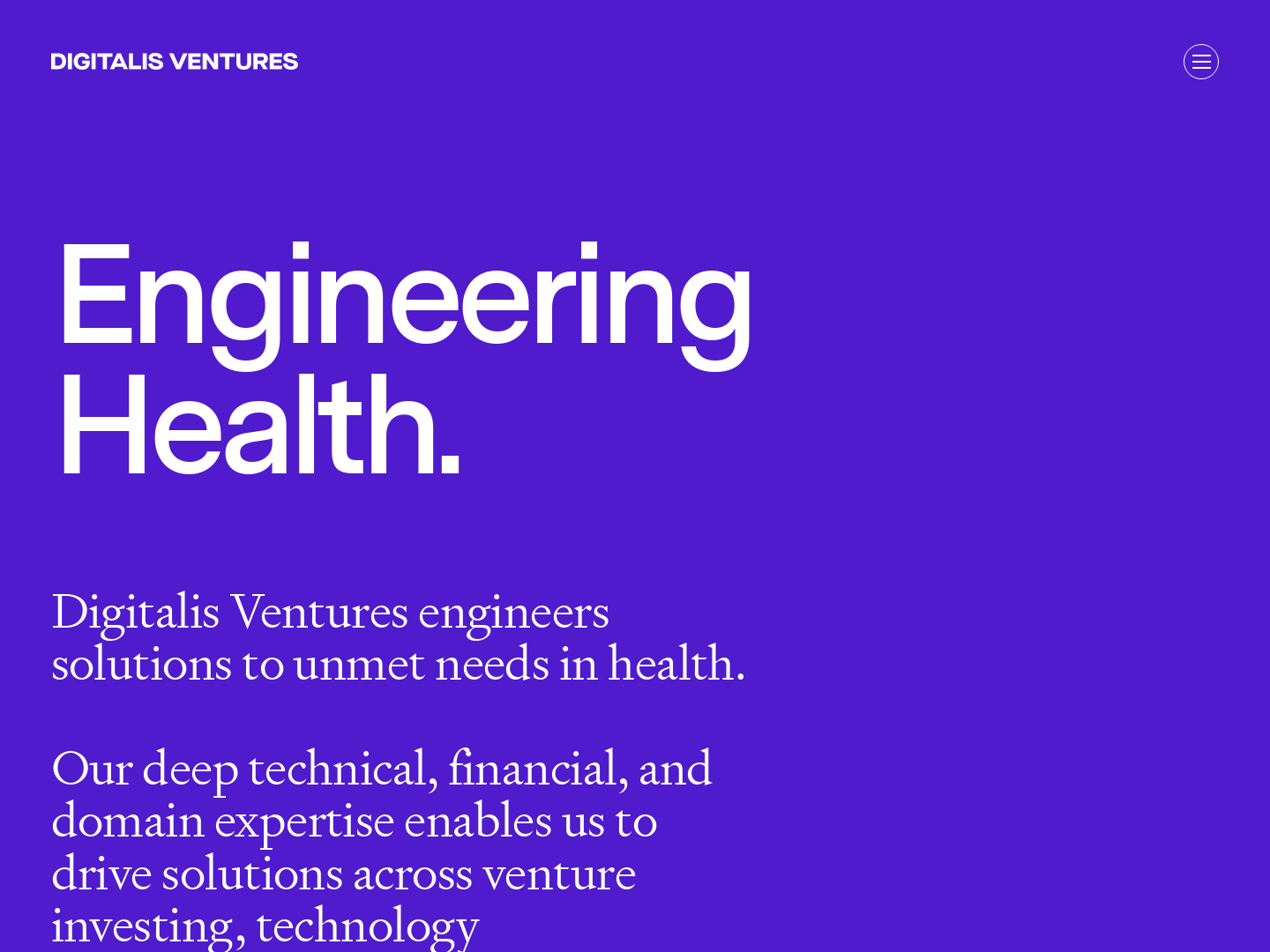Series A rises to £69.3m as T-Therapeutics advances TCR bispecifics to clinic
This article covers T-Therapeutics, a Cambridge biotech, raising an additional £24.4m ($32m) to take its Series A to £69.3m ($91m). The funding will accelerate preclinical development of its TCR-CD3 bispecific candidates targeting intracellular antigens for oncology and autoimmune indications and support work on selective T cell subset depletion as the programmes move towards the clinic.
T-Therapeutics has raised an additional £24.4m ($32m), taking its Series A to £69.3m ($91m). The Cambridge biotech says the money will push its pipeline of TCR-CD3 bispecific candidates for cancer and autoimmune disease towards the clinic, including work on selective T cell subset depletion. That clinical focus, if realised, would broaden the tools available for targeting intracellular, previously undruggable disease drivers.
Why it matters
T-Therapeutics is working on T cell receptor based bispecifics that aim to combine high-specificity TCRs with engineered CD3 T cell engagers. These approaches target intracellular antigens rather than surface proteins, which could open new avenues in both oncology and immunology if safety and efficacy are demonstrated in humans.
The additional funding accelerates preclinical development of a pan-tumour oncology asset and a pan-autoimmune immunology programme designed to deplete pathogenic immune cells selectively, offering a different mechanism to current immunomodulatory therapies.
Inside the product
The company’s platform, OpTiMus, is described as a system for generating a broad repertoire of fully human TCRs to reach intracellular targets. Those TCRs are paired with next-generation CD3 T cell engagers, engineered for potency, safety and favourable pharmacokinetics, to create bispecific drug candidates.
T-Therapeutics’ lead oncology candidate targets a pan-tumour driver that the company says could be applicable across several solid tumour types. Its lead immunology programme is positioned as a pan-autoimmune bispecific intended to reset immunity through selective depletion of disease-causing cells. The new funding will also support exploration of T cell subset depletion as a therapeutic strategy, a growing area of interest in immunology research.
Founder perspective
Theodora Harold, Chief Executive Officer of T-Therapeutics, said:
Our transformative medicines tackle upstream disease-drivers that can have pan-indication impact. We are delighted to have significantly added to our Series A financing, which we see as a strong validation of both our technology and our progress to date. I would like to thank Tencent and BGF for their belief in our potential, as well as all our existing investors for their continued support.
Who’s backing the round
Who’s backing the round
New investors Tencent and BGF joined the Series A syndicate, alongside existing major shareholders Sofinnova Partners, F-Prime, Digitalis Ventures, Cambridge Innovation Capital, Sanofi Ventures and the University of Cambridge Venture Fund.
Sofinnova Partners, a life sciences specialist VC that co-founded the company with other early backers, signalled strategic continuity for the programme. BGF is a UK growth capital investor active across technology and life sciences, and Tencent’s participation represents strategic interest from a large technology group.
Graziano Seghezzi, Managing Partner at Sofinnova Partners, said:
The existing investors co-founded T-Therapeutics to push the boundaries of bispecific technology. This additional capital enables us to expand into T cell subset depletion, one of the most exciting areas in immunology, while continuing to advance oncology programmes. We are now ideally positioned to address both cancer and autoimmune disease, two broad disease areas with critical unmet medical needs, with a platform that unlocks targets previously considered undruggable.
Luke Rajah, Partner at BGF, added:
This is a leadership team with an outstanding track record of building successful drug discovery businesses and translating science into medicines. Backed by a syndicate of world-class life sciences investors, T-Therapeutics is uniquely positioned to unlock previously undruggable targets with its first-in-class bispecifics. We are proud to support the team and help catalyse their programmes towards the clinic.
If you're researching potential backers in this space:
- Explore our list of biotech venture capital firms in the UK
- Browse our directory of biotech angel investors in the UK
The bigger picture
The financing is part of a broader trend of sizeable Series A rounds in UK and European biotech as investors chase novel immunology and oncology approaches. T-Therapeutics sits in Cambridge’s cluster of biotech firms translating advanced immunology into therapeutic candidates, and its focus on intracellular targets reflects wider interest in technologies that expand the druggable genome.
If the company can demonstrate a clear safety profile and clinical activity for its bispecifics, it would add to a growing set of UK-founded biotech companies progressing bispecific and T cell based modalities toward the clinic, drawing continued capital from both specialist life sciences funds and strategic corporate investors.
They've invested in T-Therapeutics
Get to know these biotech investors
| Investor | Sector | Stage | Activity | Team | Connect |
|---|---|---|---|---|---|
 Tencent | 4 investments investments | more info | |||
 BGF | 45 investments investments | 2 contacts contacts | |||
 Sofinnova Partners | 12 investments investments | 25 contacts contacts | |||
 F-Prime | 2 investments investments | 2 contacts contacts | |||
 Digitalis Ventures | 3 investments investments | 6 contacts contacts | |||
 Cambridge Innovation Capital | 12 investments investments | 10 contacts contacts | |||
 Sanofi Ventures | 3 investments investments | 1 contact contact | |||
 University of Cambridge Venture Fund | 1 investment investment | more info |
Click here for a full list of 7,526+ startup investors in the UK
